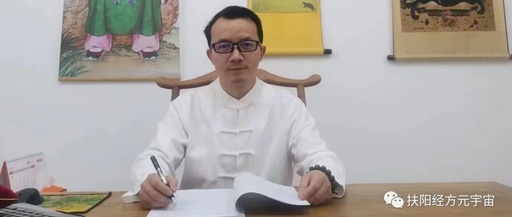Insights on TCM Diagnosis: Floating Pulse and Deep Pulse (103)
To treat diseases, one must seek the root cause. In Traditional Chinese Medicine (TCM), treatment relies on the four diagnostic methods, analyzes the pathogenesis based on these methods, determines the syndrome type, establishes treatment principles, and prescribes accordingly. Each step is interconnected and essential. The diagnostician employs the four examinations: observation, listening, inquiry, and palpation; … Read more










